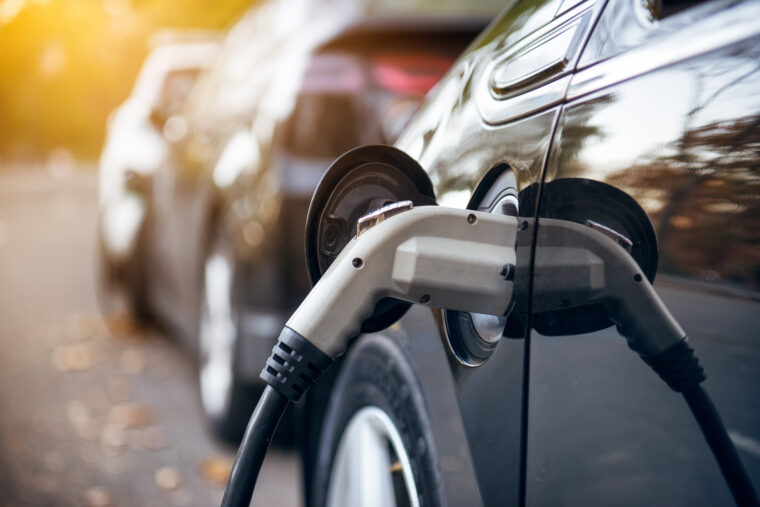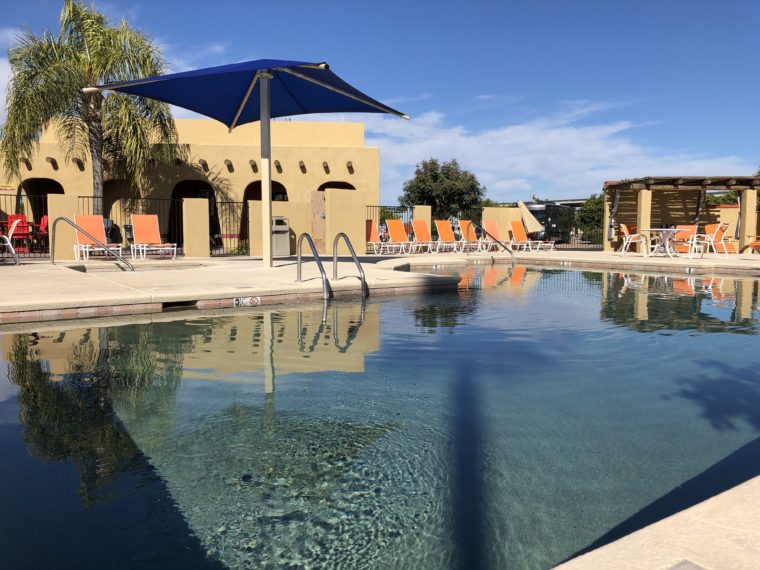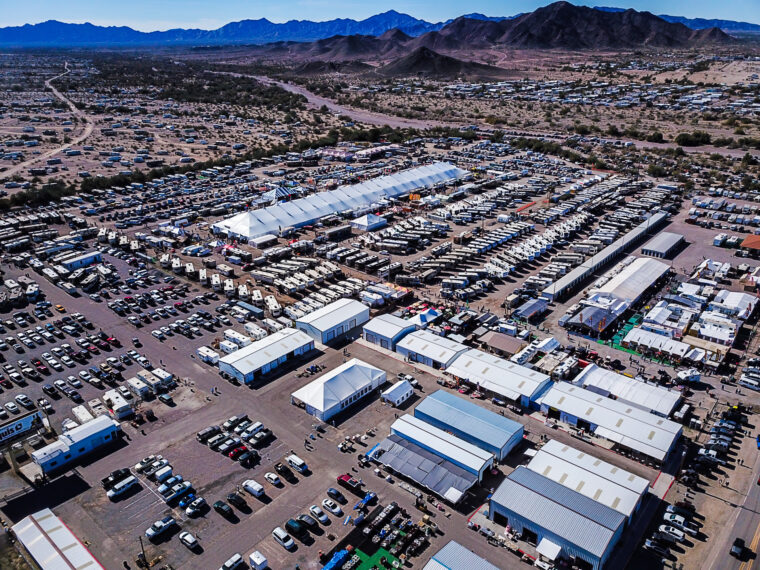Due to Covid-19, the Canada-US international border is currently closed to non-essential travel. In addition, some provincial borders may also be closed, preventing movement across provinces. Check for the most recent information on border restrictions before attempting your visit to or within Canada.
Canada is a vast landscape. Much of the land is “crown land,” or otherwise owned publicly, and camping is generally permitted. There is one big caveat, however. Unfortunately for RVers and unlike in America, most of Canada’s public land is not vehicle accessible. As a Canadian full-time RVer since 2016 who prefers boondocking overcrowded, expensive campgrounds, I am always searching for beautiful, free, RV-accessible camping spots in Canada. While the opportunities are fewer, free RV camping does exist in Canada if you know where to look.
Free Wild Camping in Canada
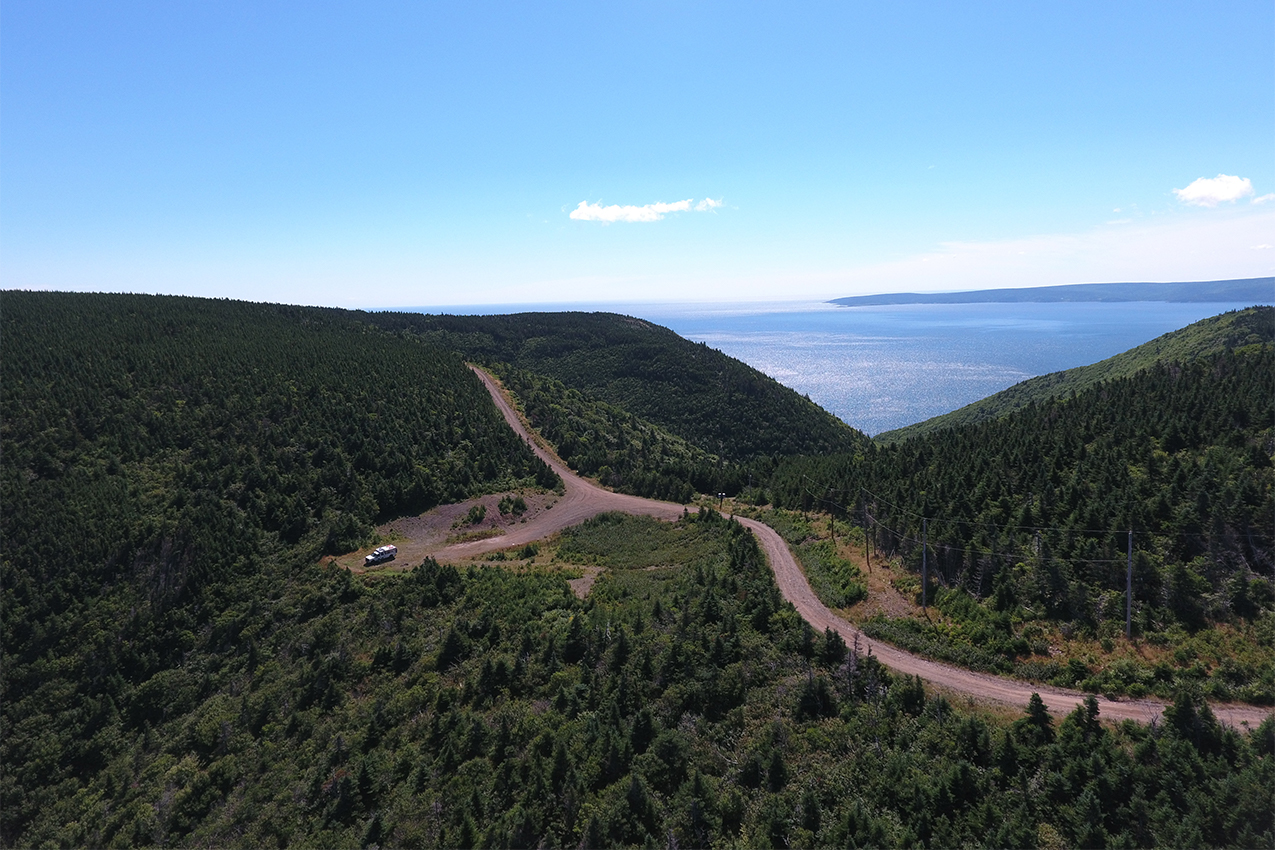
Mish Landing | Dingwall, NS, Canada – Photo by: Mali Mish
Free RV camping is usually located in more remote areas of the country. While this makes accessing free camping more difficult for city dwellers, it is an advantage when you are seeking a wilderness experience. Sometimes access roads require 4WD and higher clearance vehicles, and often, though not always, there is no cell signal. Nevertheless, there are some exceptional free RV-accessible camping spots in Canada with cell signal, and many are absolute gems! Campendium users have already found and added many of these locations; a quick search using the FREE filter reveals a number of great options.
How to Find Free Camping on Campendium
- Use a text search to zoom into the area you’re interested in.
- Select “Price,” and then drag the circle on the far right all the way to the left until the label reads FREE.
Unfortunately, as in the USA, litter is a common problem at some free camping locations across Canada. Abuse of the land is the quickest way to get authorities to close free camps permanently. As RVing and boondocking continue to grow in popularity, abiding by Leave No Trace principles becomes more important than ever to protect our access to free camping locations. I believe Campendium users are more likely to leave a place cleaner than they found it, and I share these special free camping gems with you trusting you will help protect them for the future.
Seasonal Closures and Peak Periods
The colder, northern climate has a big impact on RVing in Canada. While a few designated provincial parks remain open all year round, such as Algonquin and the Pinery in Ontario, most campgrounds and RV dump stations in Canada are closed for the winter by mid-October, making it increasingly difficult to find critical amenities. In spring, most campgrounds reopen either May 1 or for the May long weekend (the weekend before Memorial Day), though some open in April.
Free, wild camping may also officially close overwinter, and in some cases, a gate may block entry. However, even if technically open, wet and muddy conditions due to rain and snow are common in springtime, making it difficult or impossible to access some remote camping areas at certain times of the year.
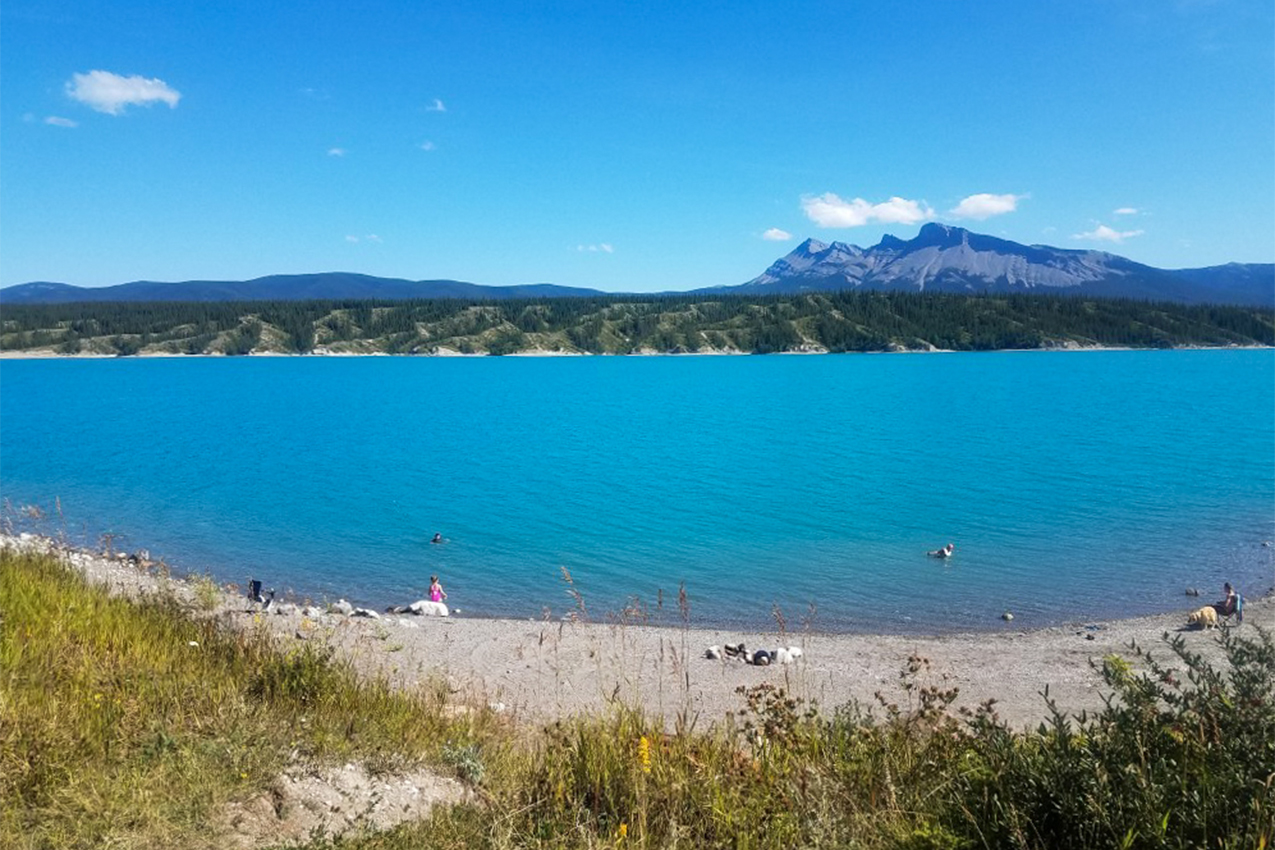
Abraham Lake | Cline River, AB, Canada – Photo by: Margot Bai
By contrast, in summer, RVing in Canada is extremely popular. Provincial and national campgrounds are generally full from the end of June through early September when kids are out of school. The more popular free camps, such as Abraham Lake in Alberta, are bustling in the summer months. Making matters worse, the pandemic hit Canada hard with rolling lockdowns and quarantines on returning international travelers that led to a huge surge in the popularity of RV vacationing.
RVing in Canada in summer certainly is possible, just more difficult. Don’t expect to get into the most popular camping destinations in July and August: plan for more remote locations, and you will have better luck. To avoid the crowds and the cold, the best time for RVing in Canada is May to June and September to mid-October. This is when you will be able to visit some of the best spots and actually find a place to camp. Be forewarned that biting insects are common in spring but uncommon in fall due to the cold nights.
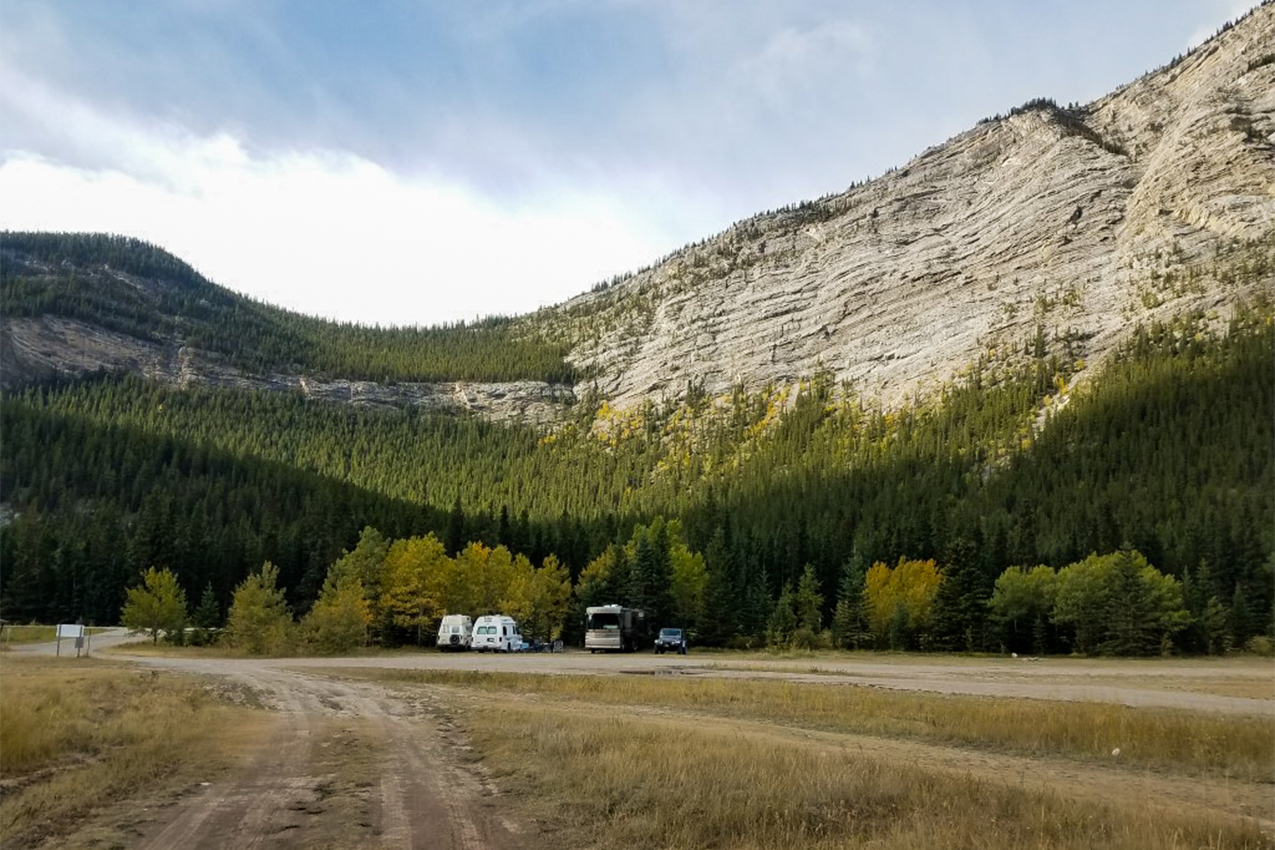
Preacher’s Point | Cline River, AB, Canada – Photo by: Margot Bai
Climate also varies significantly across the country. Canada’s warmest locations are in British Columbia: the south shore of Vancouver Island is warm but wet, while the Okanagan Valley in south-central BC is warm and dry, making it a particularly good destination in spring. In the fall, winter comes earlier to the prairie provinces: one year, I built a snowman on September 30 in southern Alberta. The maritime provinces east of Quebec similarly have a short summer season.
Southern Ontario extends the farthest south of all of Canada, with the southernmost tip of Ontario’s Pelee Island just reaching the same latitude as Northern California. As such, spring comes earlier, and winter arrives later in southern Ontario, a beautiful stretch of the province that follows the north shore of Lake Erie and the wine country around Niagara Falls.
Free Overnight Parking in Canada
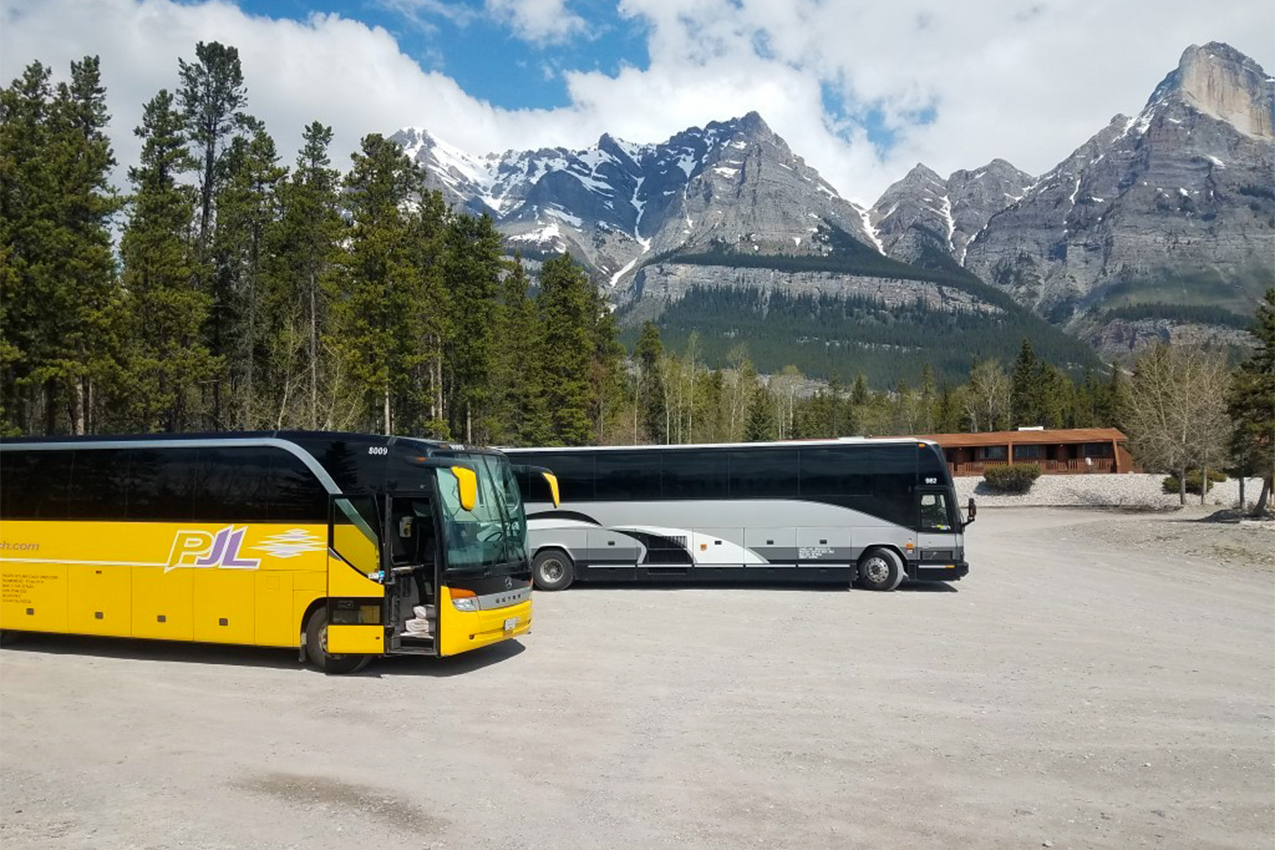
The Crossing Resort | Saskatchewan River Crossing, AB, Canada – Photo by: Margot Bai
While free wild camping in Canada tends to be remote, in the more developed areas, Canada has similar overnight parking options as America, including Walmarts, casinos, rest areas, and truck stops. However, Canada also has another great option for overnight parking: municipal facilities. Community centres, skating arenas, and swimming pools are common and generally have large parking lots where overnight parking is allowed.
My favourite option is to find a public, indoor swimming pool and enjoy a dip in the pool, a soak in the hot tub, and a hot shower before retiring to my rig for the night! Canada has over 1000 public indoor swimming pools, which means most mid-sized towns have one, and they are open to anyone for a very reasonable one-time fee. Remember overnight parking is not camping, and these are not official spots for RVers: always ask permission and only stay one night.
This is the first in a series of articles about free camping in Canada. Stay tuned for more information on camping by province!

